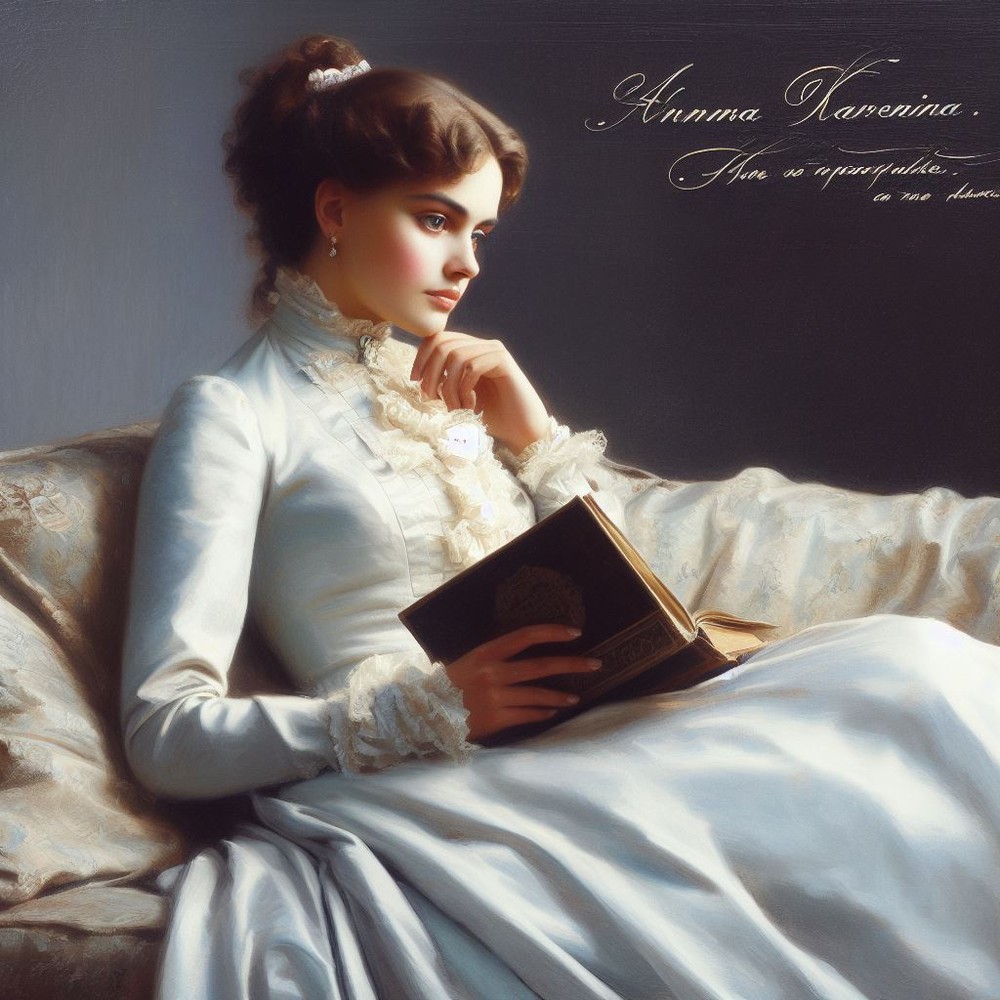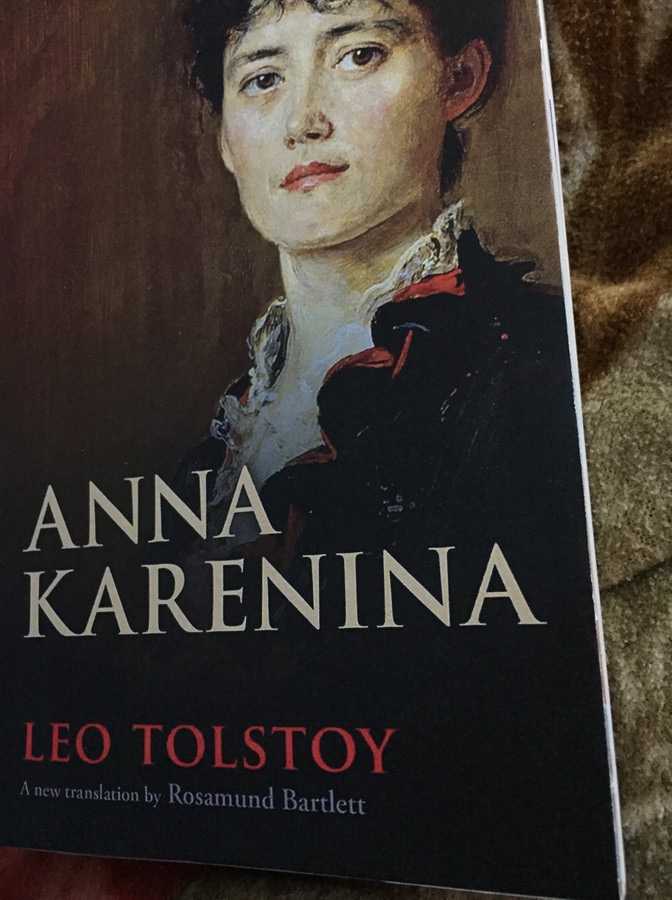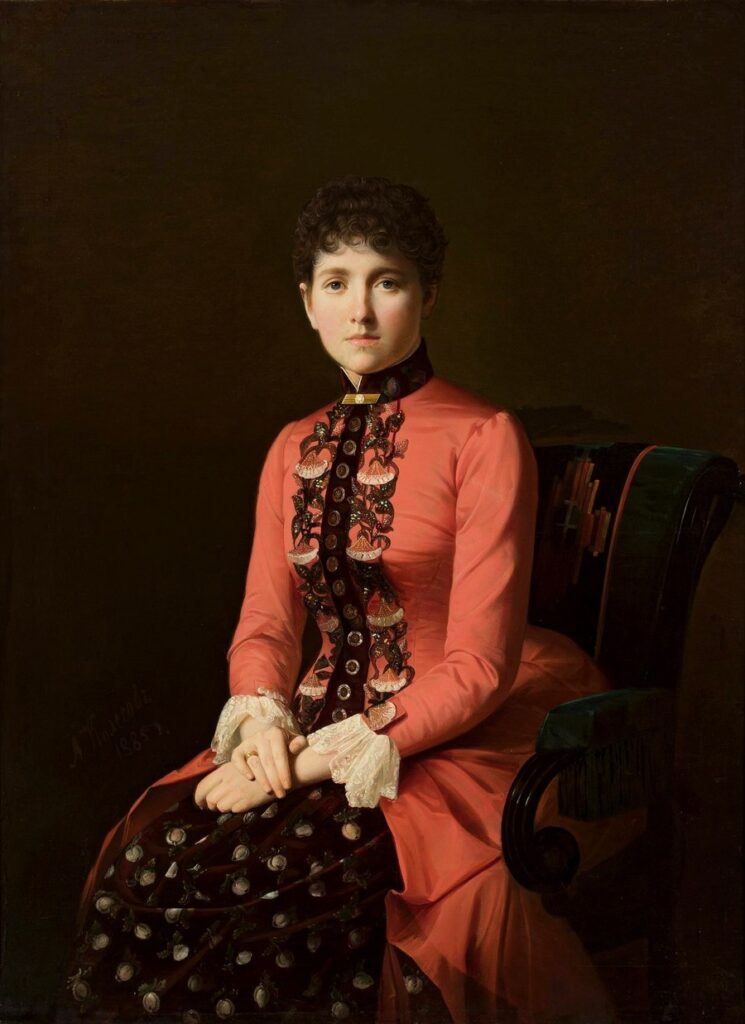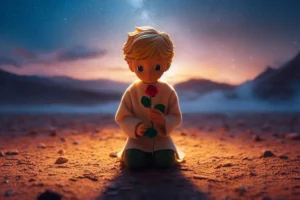
Leo Tolstoy’s Anna Karenina is hailed as one of the greatest novels of all time. Set in 19th-century Russia, this epic tale delves into the complexities of love, passion, and societal expectations.
Through the captivating characters of Anna Karenina, Count Vronsky, and others, Tolstoy explores the consequences of pursuing one’s desires in a rigid society.
“I’ve always loved you, and when you love someone, you love the whole person, just as he or she is, and not as you would like them to be.”

Here are the learnings from the book Anna Karenina:
An array of strong iconic characters
Anna, a vivacious and charming aristocratic woman trapped in a loveless marriage, embarks on a passionate affair with Count Alexei Vronsky, a young army officer. Their illicit relationship leads to clamorous events that ultimately culminate in tragedy.
A landowner and philosopher, Konstantin Levin serves as a counterpoint to Anna’s story – a parallel exploration of love and societal expectations. He embarks on a journey marked by his pursuit of self-discovery, relationships, and a struggle to find purpose and fulfillment.
A story still relevant today
This story is still relevant today. It explores the complexities of love, highlighting the destructive power of passion and the consequences of pursuing forbidden desires. It also examines the constraints of societal expectations, particularly for women, and the tension between individual freedom and societal norms.
It reminds us that the human experience transcends time, temporal constraints do not bind our deepest desires and conflicts. and our actions have profound implications. It does this while emphasizing the universality of human nature and the eternal struggle to navigate the complexities of our hearts.
“She hardly knew at times what it was she feared, and what she hoped for. Whether she feared or desired what had happened or what was going to happen and exactly what she longed for, she could not have said.”
The complexity of love
The Anna Karenina book dwells deep in exploring different forms of love. Anna’s passionate and consuming love affair with Vronsky contrasts starkly with Levin and Kitty’s steady and enduring love. This duality teaches us that love can manifest in various ways, each with joys and challenges.
Tolstoy presents love in all shades, from the passionate and consuming to the steadfast and enduring. Through Anna, he delves into the overwhelming power of romantic love and its potential to lead to ecstasy and destruction.
Meanwhile, the contrasting love story of Levin and Kitty showcases the quieter yet equally profound aspects of love based on friendship, loyalty, and shared values.
Tolstoy skillfully delves into his characters’ internal conflicts, unrequited desires, and the moral dilemmas that arise when societal expectations collide with personal passions.
“Love. Why I don’t like the word is that it means too much to me, far more than you can understand,” and she glanced into his face. ‘Au revoir!‘”
Societal expectations and individual happiness
Tolstoy critiques the rigid social norms and expectations of 19th-century Russia. Anna’s tragic descent is a result of her defiance of these norms. It teaches us that adhering blindly to societal expectations can sometimes lead to personal unhappiness.
Moral dilemmas and consequences
The book presents a complex web of ethical dilemmas. While driven through genuine love, Anna’s affair with Vronsky has dire consequences for herself, her circle of relatives, and those around her. This underscores the importance of considering the ethical implications of our movements.
“Happy families are all alike; every unhappy family is unhappy in its own way.”
Self-reflection and purpose
Through Konstantin Levin, this story encourages introspection and the search for meaning and purpose in life. Levin’s philosophical journey, marked through his contemplation of agricultural reform and his quest for non-secular understanding, activates us to reflect on our aspirations and values.

Love is not always enough
Anna and Vronsky love each other deeply. However, their love is not always enough to overcome the obstacles they face. Their relationship is doomed through the hypocrisy of Russian society and the social stigma associated with adultery.
“I think…if it is true that there are as many minds as there are heads, then there are as many kinds of love as there are hearts.”
Society can be cruel and unforgiving
Tolstoy shows how society is cruel and unforgiving to those who deviate from the norm. After she leaves her husband, Anna becomes ostracized by society and she eveventually takes her life due the shame and isolation she feels.
“It’s much better to do good in a way that no one knows anything about it.”
Happiness comes from within
Tolstoy suggests that true happiness comes from inside, not external factors such as wealth, fame, or romantic love. Konstantin Levin unearths happiness in his marriage to Kitty and his work on his estate.
″‘If you love me, as you say,’ she whispered, ‘do so that I may be at peace.‘”
Fate and free will
Tolstoy grapples with the interplay between fate and free will. A mixture of external circumstances and choices influences the characters’ lives. This invites us to ponder the extent to which we have control over our destinies.
“All the variety, all the charm, all the beauty of life is made up of light and shadow.”
The impermanence of happiness
It illustrates the transience of happiness and the fleeting nature of human emotions. Both Anna and Levin experience moments of profound pleasure and deep despair. This shows us how important it is to cherish moments of happiness and navigate through moments of sadness with resilience.
The complexity of human nature
Tolstoy’s characters are multi-dimensional and flawed, reflecting the complexities of real-life people. This encourages us to embrace the imperfections in ourselves and others and to recognize that labels do not define people.
“Love those that hate you, but to love those one hates is impossible.”
The impact of choices on others
The choices made with the aid of the characters in the novel have a far-reaching consequences on the lives of those round them. This emphasizes the interconnectedness of human existence and highlights the importance of considering the well-being of others in our decisions.
“If you look for perfection, you will never be satisfied.”
Be careful what you wish for
Anna Karenina is a cautionary tale about the dangers of following one’s passions blindly. Anna gives up everything she has for her lover, Count Vronsky, however in the end, she finds that happiness isn’t so easily achieved.
Marriage is a sacred bond
Tolstoy believed marriage is a sacred bond that ought not to be broken lightly. Anna’s decision to leave her husband and child for Vronsky has devastating consequences for everyone involved.
Anna Karenina does what the best novels do so well: it fully transports the reader into another time and place. Whether you love classic literature or looking for an exceptional read, Anna Karenina is a must-read. It will captivate and resonate with readers for generations to come.



